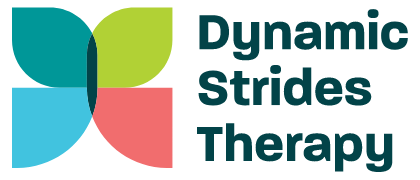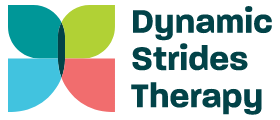Speech Therapy
Making effective communication, a human right, accessible and achievable for all.
Speech-Language Pathologists (SLPs), also informally known as Speech Therapists (ST), work with children and their families to facilitate communication.
Communication can be divided into many parts—speech, language, social, cognitive, and hearing. Speech is the correct production of sounds, the fluent production of sounds, as well as the vocal quality and resonance of an individual.
Language is the understanding of others (receptive language) and the sharing of thoughts or feelings (expressive language). Social communication is the use of verbal and nonverbal communication for social purposes, and cognitive communication includes organizing thoughts, planning, problem solving, and memory.
SLPs utilize a variety of activities to target and improve these skills so that children may be active participators, problem solvers, and effective communicators in their daily routines. In addition to communication skills, SLPs can work with children and their families to promote healthy, safe, and nutritive feeding and swallowing skills.
The following skills and services are often part of the plan of care provided by speech-language pathologists who work with children:
- Expressive language
- Receptive language
- Social language
- Cognitive communication
- Articulation
- Phonology
- Voice and Resonance
- Fluency (i.e., stuttering)
- Hearing screening
- Apraxia
- Auditory processing
- Feeding and swallowing
- Parent education and home programs
- Augmentative and alternative communication (AAC)
At Dynamic Strides, speech therapy may include clinic based therapy, sessions in our sensory gym, and hippotherapy in our indoor arena.

